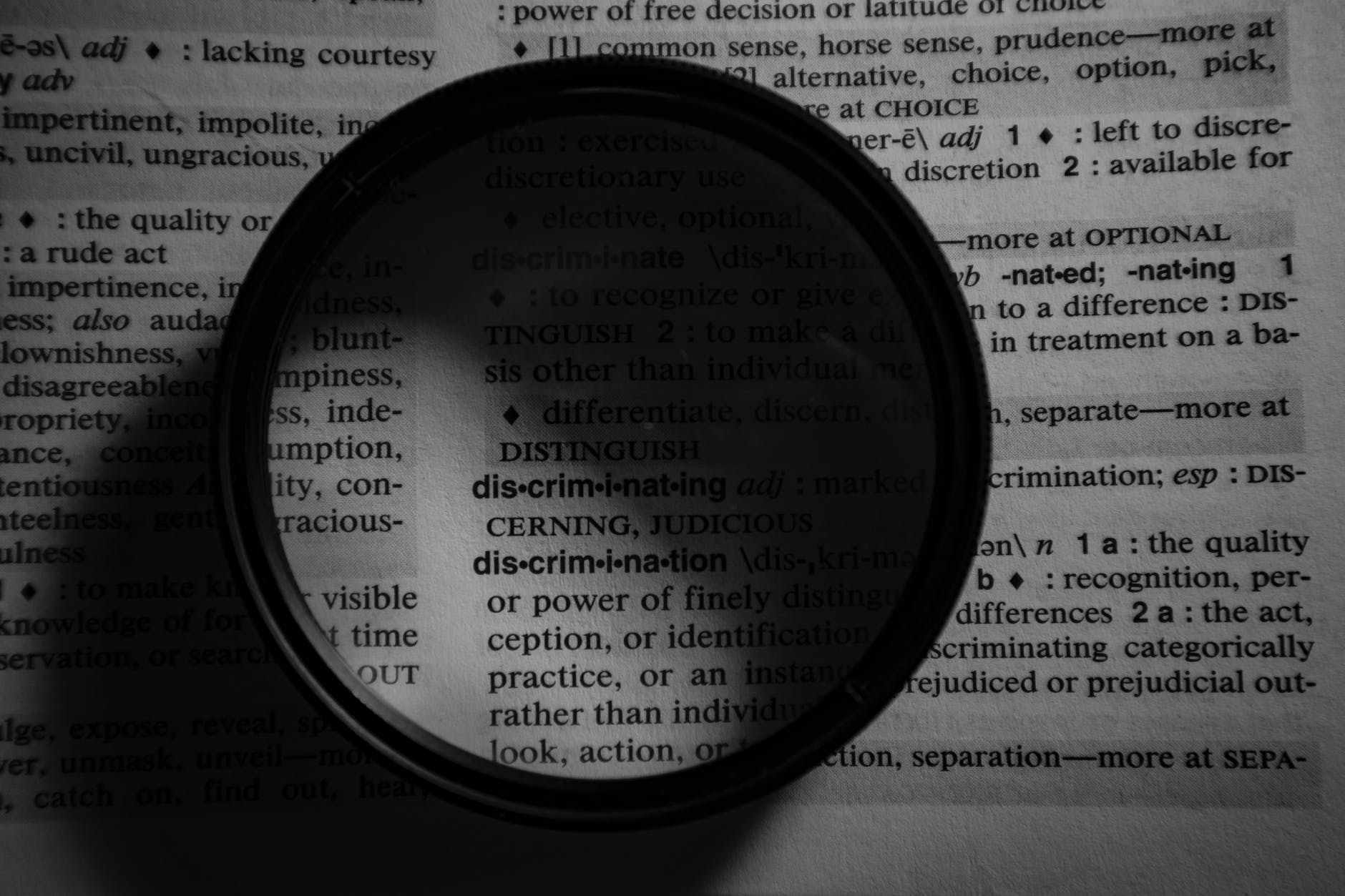Colourism, also referred to as shadeism, is an issue extremely prevalent in our community today and a cause that is very close to my heart. It is something that is experienced in almost every society by individuals in work environments, amongst friends and even in learning environments like school and college.
India is a country with one of the highest rates of colourism. This is particularly fueled by the prejudiced attitude of European and Western countries toward Indian people. People of India are considered inferior by people of other nations due to their skin colour being darker. However, Indian citizens aren’t any different as they too behave in prejudiced ways towards people of darker skin tones.
Most communities which part of the Indian subcontinent, consider people particularly women, beautiful or superior if they have a lighter skin colour compared to others. Women are considered ‘marriage material’ only if they have lighter skin. Men are considered more successful and can acquire better work positions if they’re lighter-skinned.
Although many people think this kind of a mentality prevails in villages and doesn’t really exist in urban areas, studies show a large income gap between people with lighter skin and people with dusky skin even in urban areas.
Effect of colourism on people:
- Colourism affects people in different ways. It affects the way they think, the way they look, and mental health.
- Many people with dusky skin think they aren’t good enough or are ‘too dark’ and use many products and treatments to appear fairer.
- People’s self-confidence decreases immensely due to colourism and discrimination of almost any form. It can lead to them having anxiety, depression and sometimes even bring them to the brink of self-harm.
I believe everyone has the right to be accepted for who they are, and for how they look. It is important to make judgements on a persons character and not on the basis of something that is as fleeting and unimportant as skin colour. The lesson we as constructive members of society need to learn is that acceptance is a choice, tolerance is a necessity. It is fine if one is not able to change how they feel about a certain person or their skin colour but being cruel to them on the basis of something that they cannot change defeats how far we have come as a society. We need to know that just because someone looks different, it doesn’t mean they’re any less human.
We can make a difference by taking part in movements that try to quell the age old fairness problem through awareness drives such as the Black Lives Matter and the Chicano movement, and participating with organizations like NAACP, the American Civil Liberties Union and the Advancement Project that help spread the message.
– Keira Dsouza (9E)

